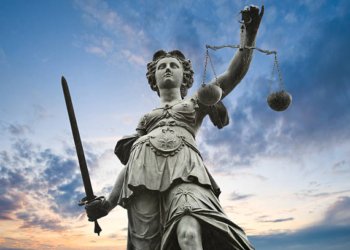Rupert Cross in his book Evidence (1967, 3rd Edn.) at p. 408:
“Entries by a solicitor’s clerk may, of course, be received under the exception to the hearsay rule which is now being considered on account of the duty owed to his employer, and, in some cases, the duty to record may have been owed by the solicitor to his client…. When speaking of the reception of declarations in the course of duty Sir Robert Phillimore said:
Entries in a document made by a deceased person can only be admitted where it is clearly shown that the entries relate to an act or acts done by the deceased person and not by third parties.”
57. These observations, however, have to be read with reference to the context. Cross while making the aforesaid observations emphasised that Sir Robert Phillimore had said that entries in a document made by a deceased person can only be admitted where it is clearly shown that they relate to an act or acts done by the deceased person and not by third parties.
58. Thus, in the instant case, though Ex. J was admissible because its author is no longer alive it contains information which is obviously based on what he may have heard from third parties and hence much value cannot be attached to such a report.
State Of Bihar v. Radha Krishna Singh, 1983 PLRonline 0004






